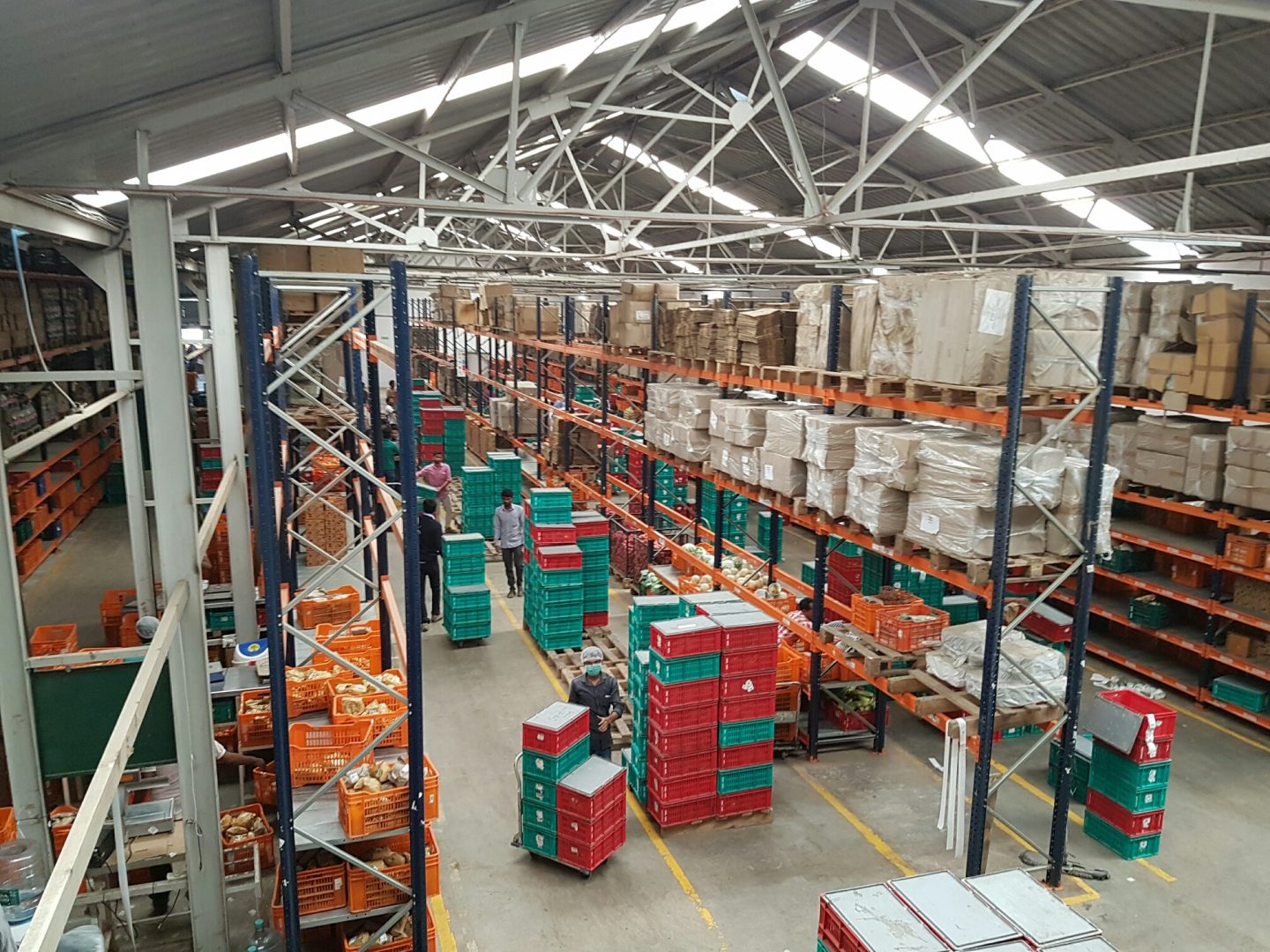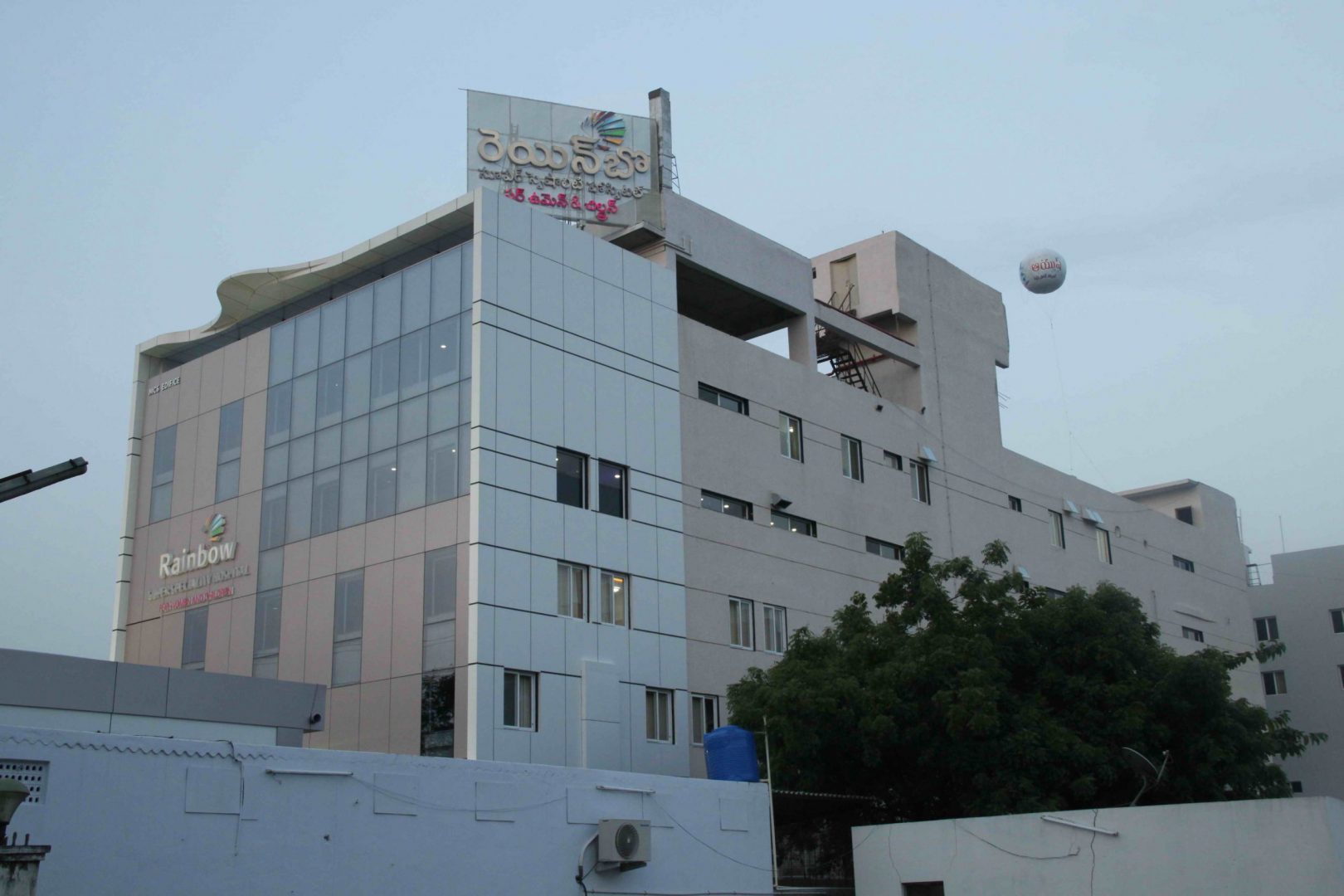iMerit
Responding to a crisis: How innovation propelled a tech business through COVID-19
“Our culture of innovation and empowerment has brought us through this crisis and ensured that we emerged stronger than before.” Radha Basu, founder and CEO of iMerit, a cutting-edge AI company based primarily in India, knows a thing or two about beating the odds. Heading up a 2,800 strong team, she shares three lessons on how the business has managed through COVID and reported its strongest quarter on record.
iMerit employs young people, over fifty per cent of them women, from under-resourced communities to become data annotation specialists. The team helps to train artificial intelligence algorithms – enabling systems to automatically learn from experience without being explicitly programmed – for some of the world’s most innovative companies. These models are used in supermarkets, hospitals, cars, sports, food production and flood risk mitigation – they are powering our lives.
Lesson 1: Build a strong mission-driven culture
It’s when times are tough that leadership on all levels and a strong company culture are more important than ever. Since inception, iMerit has invested its team culture.
A strict and immediate lockdown in India created a series of challenges for iMerit. Pre-COVID their operations hinged on a centralised workforce, 90 per cent of which are based in India. Their quality control is designed to include peer-to-peer support, and contracts with clients are structured to only allow for office-based working. Many employees live in remote areas and largely don’t have computers and internet, let alone high-speed broadband, at home. Most also live with extended families in small homes, which makes working from home a challenge.
“We didn’t plan for everything to go wrong at the same time,” recounts Rajdeep Dutta, who handles workforce planning at iMerit. Rajdeep lives with his wife and daughter in Calcutta. “Our business continuity planning accounted for individual centres to be offline, but not for systems to go down simultaneously.”
These unexpected hurdles were overcome by a predominantly millennial, tech-savvy workforce and the motivation of the team to protect the company. What drove this quick recovery was a clear mission, and an established company-wide culture that supports ingenuity and innovation. People were hurriedly putting in place broadband-boosting equipment. Senior executives were themselves delivering laptops on mopeds. HR policies were being rewritten overnight to accommodate for the new normal. Customers were motivated to show flexibility on contracting.
“It’s not just culture, it’s a sense of mission,” says Jai Natarajan, Vice President of Marketing and Strategic Business Development. “Everyone on the team worked like soldiers would work in a war mission, with the same kind of relentless effort. A less engaged and mission driven organisation would have activated maybe at half of the speed that we did.”
The result – by the end of May, iMerit had over 2,000 employees working from home. No one was put on furlough or let go. The company bounced back into growth mode by May and revenue for the second quarter of 2020 was on par with the company’s record quarter.
Lesson 2: Deliver for the customer and put yourself in their shoes
“Client focus is a core value at iMerit, for example we discuss each client’s needs every week. We stayed true to this over COVID. The three principles that guided our response were: convey the uncertainties, always overdeliver and be responsive to what clients are experiencing,” says Jai.
The sales and account team put in place a few quick changes that went a long way, such as securing client consent to working from home and triaging workflows so that the most time sensitive projects could continue almost uninterrupted.
The team put themselves into the customer’s shoes and adjusted invoicing for the months that their clients had been hit hardest. It was clear that a lot of customers themselves were struggling with cashflow and faced the same uncertainties. The team took the decision to provide discounts to several clients, being mindful that productivity may have been impacted due to the sudden switch in operating environments. Additionally, CEO Radha Basu, sent a personal note alongside the invoice, providing a more detailed explanation of the impact COVID had on the particular project and therefore on the bill.
“This went a long way to create goodwill and a great customer experience,” says Jai “Overall, I’m amazed at what we’ve achieved as a company in these past few months.” As a result, iMerit emerged with no customers lost, and even a few customers added during the crisis.
Lesson 3: Build back better
With staff predominantly working from home, iMerit is using this time to make strategic shifts internally and externally. The CEO, Radha Basu, has spoken with over 40 customers and key market actors in the last few months, to better understand the changes they are experiencing. This is helping make decisions on how to adjust iMerit’s own growth strategy and make internal changes, such as adjusting the delivery model and tech systems to make room for a distributed workforce.
iMerit is also using this time to invest in learning and development. “The crisis has shown us how important personal leadership is. Everyone at iMerit has to be empowered to take charge of their work and deliver to their best of their abilities. Investing in our teams’ continuous learning and leadership journey is of the utmost importance,” says Radha.
The learning and development team for example quickly created the ‘iMerit One’ platform using machine learning. This enabled the trainers to shift to remote training, for example to train staff on new technology in the autonomous vehicle space and monitor performance on the job. Technology around reporting, analytics and business insights developed hugely over the past six months.
“Ultimately what has made us successful in the first place also brought us through this crisis”, says Radha. “We will continue our relentless focus on the success of our clients, motivation of our inclusive workforce and the innovative use of technologies.”











